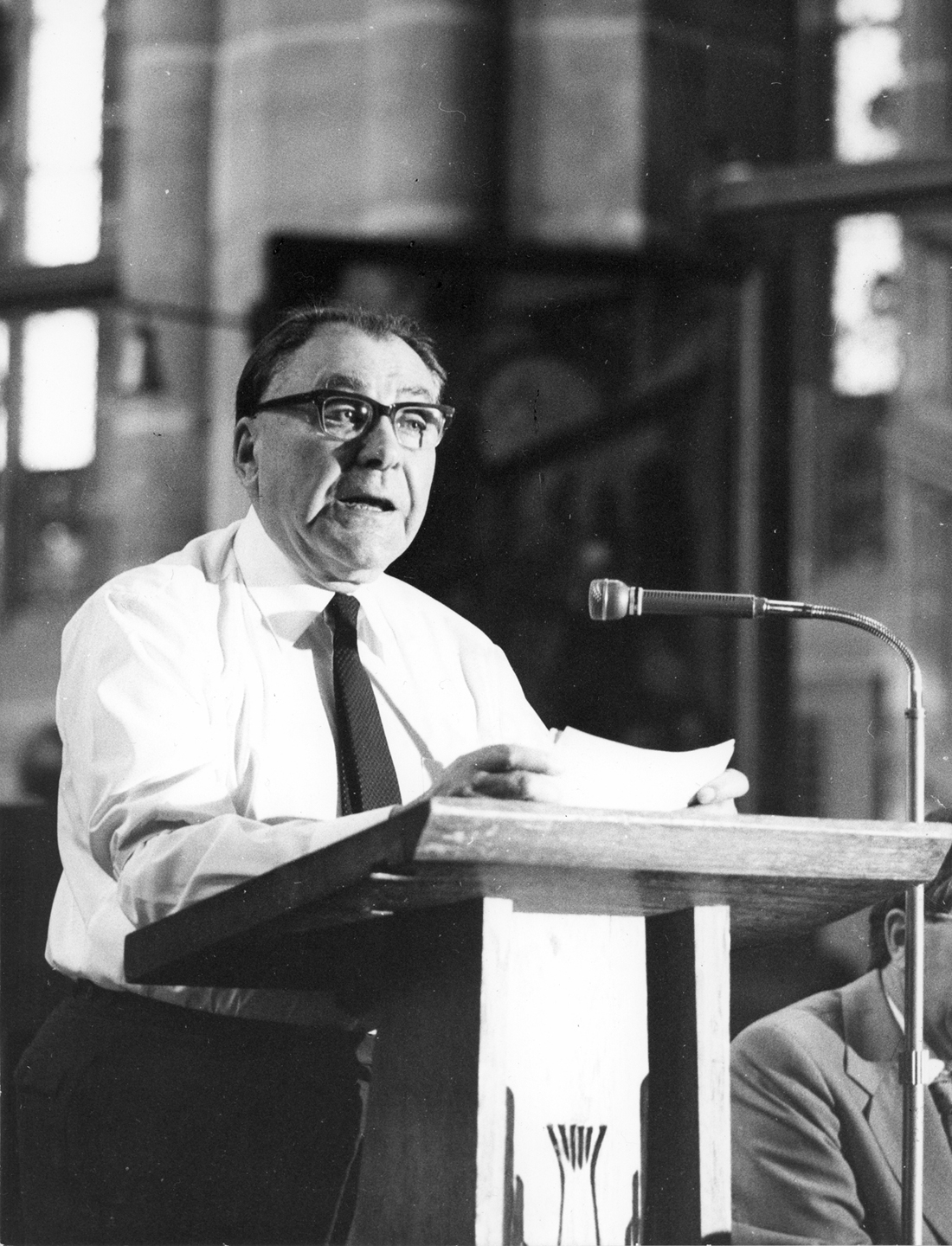 |
| Derrida with Jacques Roubaud in 1997, by Marion Kalter |
Related to the first given, Derrida says: "[I]t is necessary, it seems to me, to begin from the fact that, yes, there is the unforgivable. Is this not, in truth, the only thing to forgive?... If one is only prepared to forgive what appears to be forgivable ... then the very idea of forgiveness would disappear."
Related to the second given, Derrida suggests that saying "I forgive you" can in fact actually be a person's own "affirmation of sovereignty," and as such can be "unbearable or odious, even obscene." Offered "from the top down," the forgiving act assumes for "itself the power of forgiving," so that the victim is in reality kept in place by the 'grace' of the beneficent perpetrator. "All sorts of unacknowledgeable 'politics' can hide themselves abusively behind a 'rhetoric' or a 'comedy' of forgiveness, in order to avoid the step of the law." None of this is forgiveness in its purest sense.
Derrida imagines "pure forgiveness" as something different; as "forgiveness without power." It is unconditional, and it comes without a claim to sovereignty. Derrida highlights some very important things here, but this is where his philosophy leaves off (at least in this essay). I think his account of forgiveness is interrupted and lit up in all sorts of interesting ways by Jesus Christ.
- Jacques Derrida, On Cosmopolitanism and Forgiveness (2001), 32, 37, 50, 58-59




